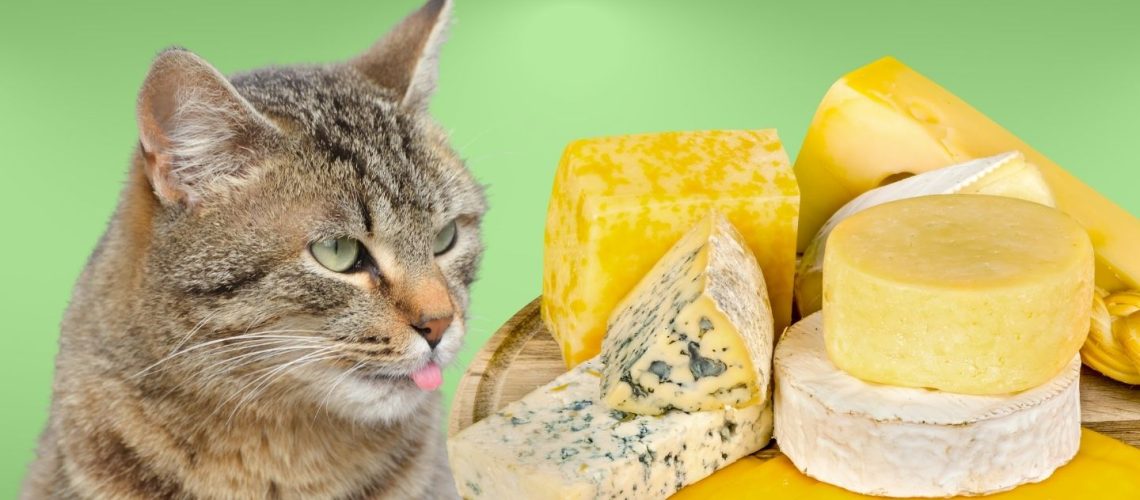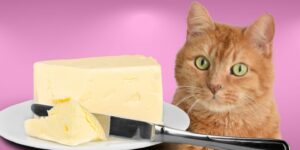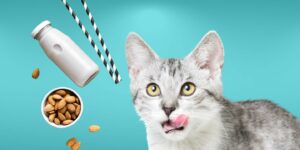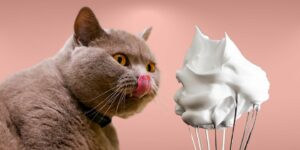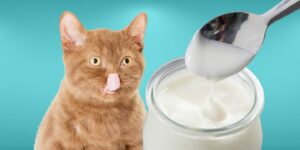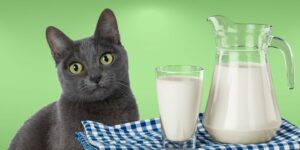Cats should not eat cheese because it is high in fat and calories, which can lead to weight gain and other health problems if fed to them in large quantities. Not to mention that adult cats are lactose intolerant. In this article, we will discuss the nutritional needs of cats, lactose intolerance, health risks associated with feeding cats cheese, and alternatives to cheese as treats.
Nutritional Needs of Cats
Obligate Carnivores
Cats are obligate carnivores, which means that they require a diet that is rich in animal protein in order to thrive. This is because their bodies are specifically adapted to process and benefit from nutrients found in animal products.
Essential Nutrients for Cats
Essential nutrients that cats need in their diet include:
- Animal-based protein
- Taurine (an amino acid found in animal tissue)
- Certain fatty acids (e.g., arachidonic acid)
- Vitamins A, D, and B12
These nutrients are not found in cheese or other dairy products, making it an inappropriate food choice for cats.
Lactose Intolerance in Cats
What is Lactose Intolerance?
Lactose intolerance is a condition where one's body cannot properly digest lactose, which is a sugar found in milk and dairy products. Adult cats are lactose intolerant because they naturally lose the ability to produce lactase, an enzyme required to break down lactose, as they age.
Symptoms of Lactose Intolerance in Cats
Symptoms of lactose intolerance in cats include:
- Vomiting
- Diarrhea
- Abdominal pain
- Gassiness
Feeding your cat cheese can trigger these symptoms, causing them discomfort and potentially damaging their digestive system.
Health Risks Associated with Feeding Cats Cheese
Weight Gain and Obesity
The high fat and calorie content in cheese can lead to weight gain and obesity in cats, which can further lead to various health problems such as diabetes and heart disease.
Pancreatitis
High-fat foods, like cheese, can increase the risk of developing pancreatitis in cats. Pancreatitis is inflammation of the pancreas, which can be painful and life-threatening if left untreated.
Dehydration and Electrolyte Imbalances
The high salt content in cheese can lead to dehydration and electrolyte imbalances in cats, as it increases their need for water intake.
Alternatives to Cheese for Cats
Healthy Treat Options
Instead of cheese, consider offering your cat healthier treat options, such as:
- Cat-specific treats available in pet stores
- Small bites of cooked meat (chicken, turkey, or fish)
- Canned pumpkin (without added sugar or spices)
- Small portions of cooked vegetables (e.g., green beans or carrots)
Providing a Balanced Diet
To maintain your cat's overall health, ensure that you provide them with a balanced diet. This typically includes high-quality commercial cat food, which is specially formulated to meet their unique nutritional needs.
Monitoring Your Cat's Health
Regular Veterinary Checkups
Ensure your cat receives regular veterinary checkups to monitor their overall health and wellbeing. This will ensure early detection of any health issues and timely intervention.
Monitoring Weight and Diet
It is important to monitor your cat's weight and diet, adjusting portions as needed to prevent obesity and associated health problems.
Conclusion
In conclusion, while cats can technically eat cheese, it is not a necessary part of their diet and should not be used as a regular treat. Cheese is high in fat, calories, and salt, and can cause digestive upset in lactose-intolerant cats. It is important to monitor your cat's health and consult your veterinarian if you have any concerns about their diet. Offering healthier treat alternatives and providing a balanced diet can ensure your cat stays happy and healthy.

